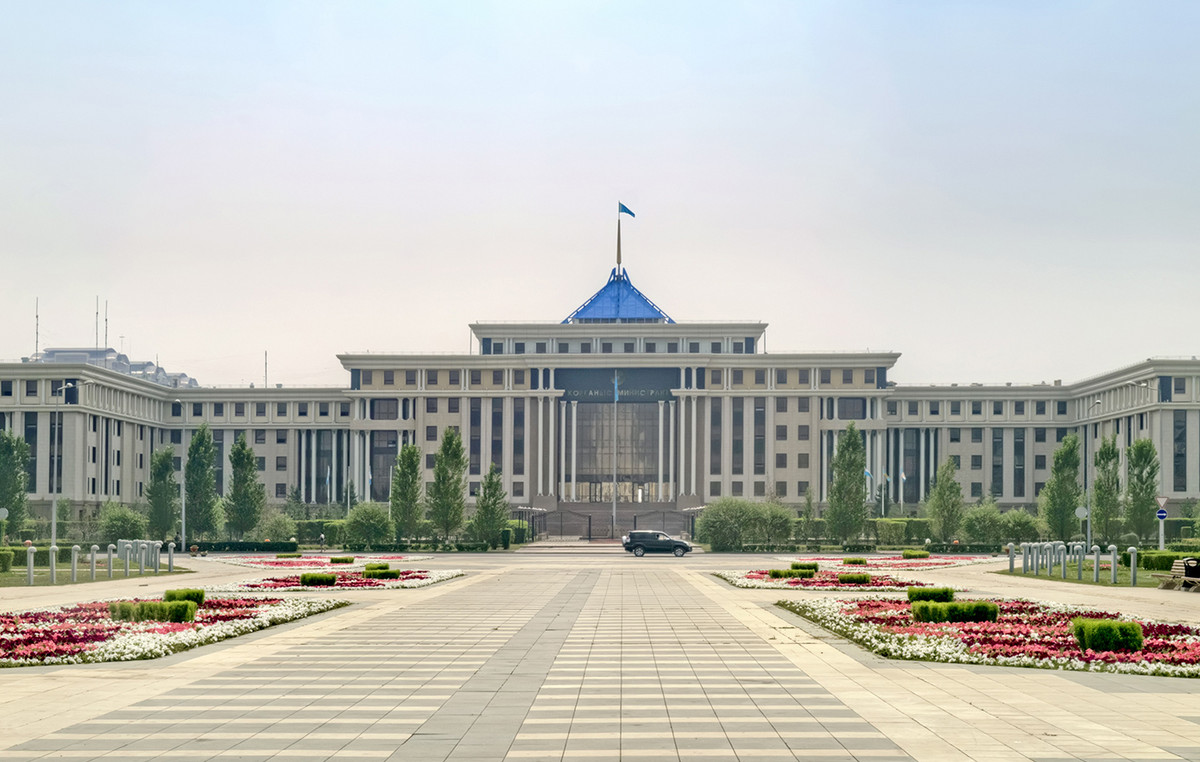A series of positive data, such as a rise in retail sales, an increase in commodity prices and the release of the FGTS, led banks, consultancies and the IMF (International Monetary Fund) to revise upward the growth forecast for the Brazilian economy this year. In the case of IMF forecasts, released this Tuesday (19), Brazil is expected to grow 0.8% (the previous expectation was 0.3%), compared to world growth of 3.6% (4.4% before ).
The conflict between Russia and Ukraine explains both the upward revision of growth in some countries, such as Brazil, and the decline in global growth. The rise in commodity prices puts pressure on the economy, especially in Europe, but gives some breath to grain-exporting countries.
To give you an idea, Brazilian agribusiness exports had the highest value for the month of March in history, at US$ 14.53 billion, up 29.4% over the same period last year. The main reason was the 27.6% increase in prices, according to the Ministry of Agriculture.
In the domestic market, retail sales in February, for example, rose by 1.1%, according to the IBGE, above market expectations. In services, despite the fall in February, analysts still see a positive outlook. “The service sector is getting back on track with the advance of vaccination, and people are feeling encouraged to consume outside their homes,” says Claudio Considera, an associate researcher at FGV-Ibre.
interest weight
There is, however, an assessment among economists that this improvement in numbers could run out of steam. “From the middle of the year, we see a greater contraction of the Brazilian economy because of the cycle of high interest rates”, says the chief economist at C6 Bank, Felipe Salles. The institution revised its GDP from 0.5% to 1.5% this year, but that of 2023 was kept at 0.5%. In the case of the IMF, the projection for next year was reduced from 1.6% to 1.4%.
MB Associados consultancy is also in the process of reviewing its numbers. The expectation is that growth will change from zero to something between 0.5% and 1% in the year. This, however, does not mean that the news should be so positive up front.
The problem, says MB’s chief economist, Sérgio Vale, will remain for 2023. That’s because part of this year’s growth is also being motivated by the “goods package” adopted by the government, with an eye on President Jair Bolsonaro’s reelection campaign, such as the release of the FGTS emergency withdrawal, the release of Auxílio Brasil and the increase in civil servants’ salaries.
“Having some growth is something to celebrate, but it’s far short of what we could have,” he says. According to IMF data, Mexico should grow 2% this year, while South Africa and India should grow 1.9% and 8.2%, respectively.
Source: CNN Brasil
I am Sophia william, author of World Stock Market. I have a degree in journalism from the University of Missouri and I have worked as a reporter for several news websites. I have a passion for writing and informing people about the latest news and events happening in the world. I strive to be accurate and unbiased in my reporting, and I hope to provide readers with valuable information that they can use to make informed decisions.







